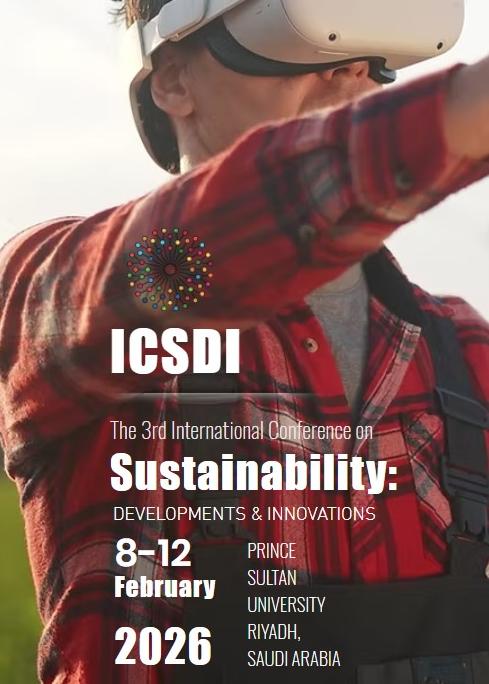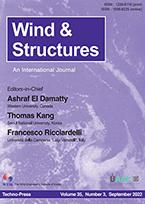OGEL: The Social Licence to Operate (SLO) in the Extractive and Energy Sectors
OGEL SLO 2019
- URL: https://www.ogel.org/news.asp?key=571
- Event Date: ~
- Abstract Submission Date: 2018-10-31
- Submission Date: 2019-02-15
Sustainable Energy Sustainable Energy
The concept of social licence to operate (SLO, simply 'social license' or 'social licensing') originated in the mining industry and its use has also been extended over large infrastructure, energy, and industrial projects. In simple terms, the SLO refers to: 1) "the ongoing acceptance of a company or industry's standard business practices and operating procedures by its employees, stakeholders and the general public" (Investopedia 2018) and 2) "the level of acceptance or approval by local communities and stakeholders of mining companies and their operations." (Fraser Institute 2012). Specifically in the mining sector, the SLO can be summarised as attempts to "to secure the acceptance of mining activities by local communities and stakeholders, in order to build public trust in their activities and prevent social conflict" (IRP UNEP 2017) whereas such attempts "are premised on engagement between mining companies, governments and civil society to ensure that mineral resource extraction contributes to nation-al and local development, and that damaging impacts on host communities and the environment are mitigated or otherwise managed" (ibid.).
The need of the developers/investors to obtain the SLO stems from the "the demands on and expectations for a business enterprise that emerge from neighbourhoods, environmental groups, community members, and other elements of the surrounding civil society" (Gunningham, Kagan, Thornton 2014). In turn, from the perspective of developers/investors, the SLO is "a pragmatic calculation of what is required to minimise business risk and win the degree of community support required to avoid delay or disruption to company operations" (Owen, Kemp 2013). The SLO is based on some agreement between developers/investors and stakeholders/the community and can take a form of 1) "an informal agreement that infers ongoing acceptance of an industrial or energy project by a local community and the stakeholders affected by it" (Gallois, Ashworth, Leach, Moffat 2017) or 2) "a form of unwritten social contract that exists between companies and communities" (Lacey, Lamont 2014)
The lawmakers can assist with the development of agreements for SLO through procedural empowerment of various stakeholders such as by securing 1) access to environmental information, 2) public participation in environmental law making, strategic impact assessment (SEA) or project-specific environmental impact assessment (EIA), and 3) related administrative and judicial review procedures. Moreover, within the framework of sector-specific corporate-social-responsibility (CSR)/ Triple Bottom Line (TBL) activities, developers/investors also seek to secure wider SLO going beyond pure compliance for a number of reasons such as a desire to avoid boycott, or a belief that downplaying such expectations would eventually lead to the adoption of stricter regulation (Gunningham, Kagan, Thornton 2014). Indeed, to quote Curran, "[i]n an age of CSR, social licence thus acts as a form of strategic risk management for most major companies. Its objective is to protect companies' financial and reputational assets by proactively anticipating and managing contestation rather than simply reacting to it." (2017).
Obtaining SLO in relation to the extraction of hydrocarbons and electricity generation is more relevant than ever. On the global scale, the public awareness concerning the impact of new investments and ongoing operations in those sectors on the environment, climate and quality of life of affected communities is constantly increasing, whereas we remain as far as ever from phasing out conventional fuels. About 1600 new coal power plants (CPP) and about 50 nuclear power (NPP) are currently planned or being constructed.
The co-editors invite you to explore the legal dimensions of the controversy surrounding the SLO by contributing to this special edition with unpublished or previously published articles, conference papers, research papers and case studies addressing the SLO and corresponding issues.
See the call for papers on the OGEL webiste for a list of topics which raise interesting points for discussion of the SLO.














